
Blast furnace slag concrete

Ground granulated blastfurnace slag Wikipedia
Ground granulated blast furnace slag is a latent hydraulic binder forming calcium silicate hydrates (CSH) after contact with water It is a strengthenhancing compound improving the durability of concrete It is a component of metallurgic cement (CEM III in the European norm EN 197) 展开2018年8月20日 Ground granulated blast furnace slag cement (GGBFS) is a fine glassy granules which contain cementatious properties In this article we discuss about the manufacture, constituents, properties, uses, advantages and Blast Furnace Slag Cement – Manufacture, Properties Ground granulated iron blastfurnace slag (slag cement) is a watercooled nonmetallic hydraulic cement consisting essentially of silicates and aluminosilicates of calcium grounded to less than Blast Furnace Slag an overview ScienceDirect Topics2023年6月1日 Xu et al (2020) investigated the effects of incorporating fly ash and blast furnace slag on the mechanical properties and durability of Portland cement concrete pavements The Use of blast furnace slag in cementitious materials for pavements
.jpg)
A Comprehensive Review on the Ground Granulated
2022年7月18日 With respect to the mechanical properties, durability and thermal behavior, groundgranulated blastfurnace slag (GGBS) delineates a rational way to develop sustainable cement and2024年5月12日 Slag, a solid waste generated during the extraction of iron from its ore, exhibits varying qualities determined solely by the cooling process employed One of its forms, Ground Fresh and mechanical properties of ground granulated blast Ground granulated blast furnace slag is an ecofriendly material with regard to its production process and usage In this study, slag cement (SC) is used to prepare different slag cement Microstructure and Durability of Ground Granulated Blast Furnace 2024年8月12日 The global construction industry consumed 4,170 Mt of Portland cement (PC) in 2020 [1], accounting for approximately 9% of the anthropogenic CO2 emissions [2] Blast Blast furnace slag supersulfated cements: composition
.jpg)
(PDF) The use of blast furnace slag ResearchGate
2012年12月1日 The objective of this study is to determine the effects of ground granulated blast furnace slag (GGBFS), used as a replacement admixture (040 wt%) for ordinary Portland cement (OPC), onSlag cement is a hydraulic cement formed when granulated blast furnace slag (GGBFS) (FAQ) about slag cement, and links to the Slag Cement in Concrete (SCIC) information sheet series that provides more detail If you have Why Slag Cement? SCA2024年5月12日 Cement Concrete Composites Mechanical Properties of Reactive Powder Concrete Containing High Volumes of Ground Granulated Blast Furnace Slag, 32 (2010), pp 639648, 101016/jcemconcomp201007005Fresh and mechanical properties of ground granulated blast furnace slag Ground granulated blastfurnace slag (GGBFS), sometimes simply referred to as “slag”, is a glassy granular material formed when molten blastfurnace slag is rapidly chilled, as by immersion in water • ACI 233, “Slag Cement in Concrete and Mortar” ClassificationsGround Granulated BlastFurnace Slag: Its Chemistry and Use
.jpg)
(PDF) Granulated BlastFurnace Slag (GGBS) based Geopolymer concrete
PDF On Aug 24, 2018, Shabarish V Patil and others published Granulated BlastFurnace Slag (GGBS) based Geopolymer concrete Review Concrete Review Find, read and cite all the research you Ground granulated blast furnace slag (GGBS) is a coproduct of the iron and steel industry, formed in the blast furnaces that create iron out of iron ore It has been used as a supplementary cementitious material in concrete around the world since the end of the nineteenth century due to its technical properties (such as improving the concrete’s durability)The efficient use of GGBS in reducing global emissions2023年7月1日 The carbonation behavior of concrete with different blast furnace slag replacement ratios (0 %, 50 % and 70 %) at different CO 2 concentrations (natural carbonation at 004 % and accelerated carbonation at 1 % and 2 %) was investigated in terms of carbonation rate, carbonation products assemblage and pore structure The results show that the porosity Carbonation of blast furnace slag concrete at different CO2 Specification for Ground Granulated Blast Furnace Slag for use in Concrete and Mortars”, though this has now been superceded by ASTM C 989 – C 989M1613 which is the “Standard Specification for Slag Cement for use in Concrete and Mortars” The ASTM Standard12 describes three grades of GGBFS – Grades 80, 100 and 120Ground Slag Properties, Characterisation and Uses
.jpg)
NewCem Slag Cement Canada Slag Concrete Lafarge Canada
NewCem® Slag Cement can be used in all concrete applications for increased strength, durability and sustainability is born when raw materials undergo melting within the intense heat of a blast furnace, reaching a molten state Slag undergoes a structural transformation as it cools rapidly through granulation, 2012年12月1日 Blast furnace slag is mainly used as a valuable material in the production of hydraulic binders, especially cement that improves the mechanical properties of concretes(PDF) The use of blast furnace slag ResearchGateAlthough blast furnace slag contains a small component of elemental sulfur (1 to 2 percent), the leachate tends to be slightly alkaline and does not present a corrosion risk to steel in pilings (10) or to steel embedded in concrete made with blast furnace slag cement or aggregates (11)UGMat Blast Furnace Slag Recycled Materials Resource Center2022年2月23日 The goal of the current study is to determine the dissolving effect of slag in water Five percentage values of slag were taken up for the study: 0%, 25%, 5%, 10%, and 20% The study is based on two methods of mixing The first method is the traditional mixing process, which involves addition of slag directly with other concrete proportions such as cement, sand, Ground Granulated Blast Furnace Slag as a Cement Replacement
制粉-10.25公众号.jpg)
Ground Granulated Blast Furnace Slag (GGBFS) in
Special Reference to Sustainability with Ground Granulated Blast Furnace Slag The use of GGBFS in concrete aligns with sustainable construction practices in several ways: Reduced Carbon Emissions; As GGBFS is a byproduct of 1997年7月1日 Title: Performance of Reinforced Blast Furnace Slag Cement Concrete Specimens After 10Years’ Exposure in Bahrain Author(s): N H Olsen and G R Summers Publication: Symposium Paper Volume: 170 Issue: Appears on pages(s): 285308 Keywords: Blastfurnace slag; carbonation; chlorides; climate; concretes; corrosion; impurities; portland Performance of Reinforced Blast Furnace Slag Cement Concrete 2018年5月9日 Ground Granulated Blast Furnace Slag (GGBS) The importance of Ground Granulated Blast Furnace Slag (GGBS) lies in its greener way to become a substitute in concrete material GGBS being a waste material, it needs proper method for disposal So incorporating this waste material in concrete can reduce the depletion of conventional concrete components Ground Granulated Blast Furnace Slag (GGBS) Chemical 2022年7月18日 With respect to the mechanical properties, durability and thermal behavior, groundgranulated blastfurnace slag (GGBS) delineates a rational way to develop sustainable cement and concreteA Comprehensive Review on the Ground Granulated Blast Furnace Slag
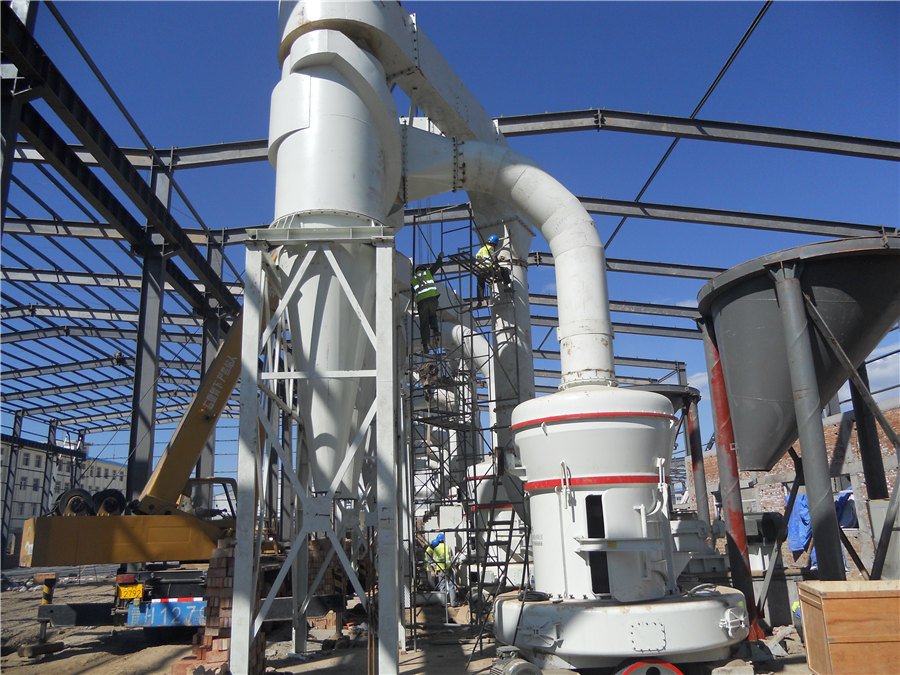
What is slag cement or ground granulated blastfurnace slag
Slag cement or GGBFS is granulated blastfurnace slag that has been finely ground and that is hydraulic cement When slag cement is mixed with water, however, the initial hydration is much slower than portland cement mixed with water; therefore, portland cement or salts of alkali metals, principally sodium and potassium or lime, are used to increase the reaction rate of slag 2020年10月1日 Green concrete with ground granulated blastfurnace slag activated by desulfurization gypsum and electric arc furnace reducing slag Author links open overlay panel Ying Li a, Ground granulated blastfurnace slag (GGBS, Taiwan Steel Resource Ltd), electric arc furnace reducing slag (EAFRS, Taiwan Steel Resource Ltd) Green concrete with ground granulated blastfurnace slag Deals briefly with all characteristics of blast furnaceslag for use as concrete aggregate, together with many references giving laboratory and field results obtained by the use of slag concrete The report includes a bibliography giving about 60 references to publications, committee reports, and other data pertaining to the use of blast furnace slag as concrete aggregate with quotations Blast Furnace Slag As Concrete Aggregate American Concrete 2011年1月1日 Atis and Bilim investigated the compressive strength of ground granulated blastfurnace slag concrete under dry and wet curing conditions Total of 45 concretes, including control normal Portland cement (NPC) concrete and GGBS concrete, were produced with three different water–cement ratios (03, 04, 05 Ground Granulated Blast Furnace Slag SpringerLink
.jpg)
Blast Furnace Slag Cement: Production, Properties and Applications
2022年11月28日 Blast Furnace Slag Cement Concrete Concrete is the most commonly used construction materials in the world due to its strength, affordability, durability, and flexibility Concrete is defined as: an artificial stonelike mass and a composite material that is made of cement paste that holds the aggregate particles together2023年6月28日 Supplementary cementitious materials (SCMs) have been widely used to replace cement in recent years in order to reduce the burden of cement on the environment In this study, fly ash (FA) and groundgranulated Properties and Mechanical Strength Analysis of The ground granulated blast furnace slag (GGBFS) is a byproduct of iron manufacturing which when added to concrete improves its properties such as workability, strength and durability This material is obtained by the heating of Ground Granulated Blast Furnace Slag in Concrete This paper explores what place slag, or granulated blast furnace slag has in our changing environment and evaluates how it compares to Portland cement The purpose of this research is to discern how slag will be applicable in the future of construction and find what place it will have in concrete mixes Slag is a Supplementary Cementitious Granulated Blast Furnace Slag and its Effects on Concrete Mixes
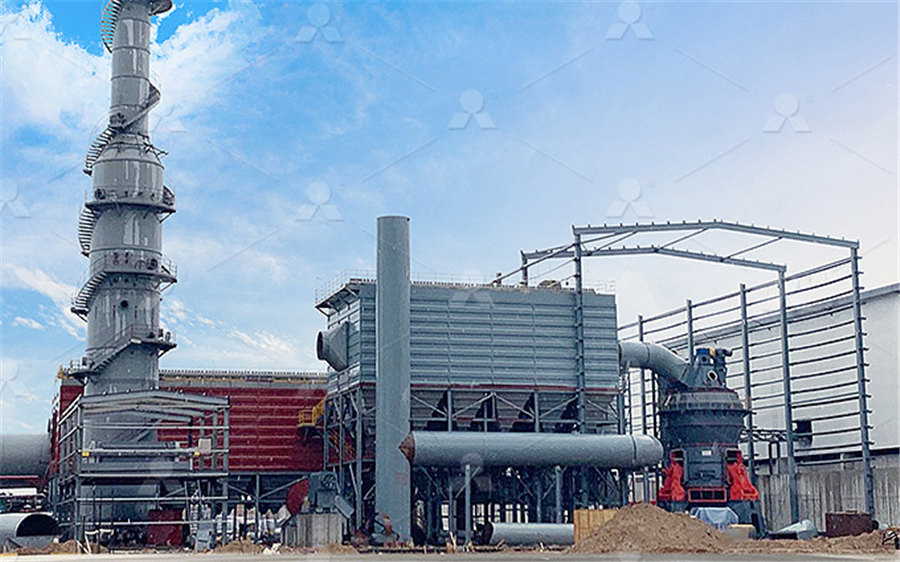
Properties of BlastFurnace Slag Cement Concrete Subjected to
2019年10月31日 accordance with JIS A 6206: 2013 Ground granulated blastfurnace slag for concrete [11] and ASTM C98906: 2006 Standard specification for ground granulated blastfurnace slag for use in concrete The type of steel furnace slag (SFS), including electric arc furnace (EAF) slag, basic oxygen furnace (BOF) slag, ladle metallurgy furnace (LMF) slag, and argon oxygen decarburization (AOD) slag, can significantly affect the composite properties when used as an aggregate or as a supplementary cementitious material in bound applications, such as concretes, mortars, alkali A Review of the Influence of Steel Furnace Slag Type on the2022年11月28日 Panels made with using slag Benefits and Advantages of Blast Furnace Slag The initial strength achieved is less than the conventional concrete, but the superior ultimate strength attained is equivalent and sometimes higher than conventional concrete; Because the slag is finely powdered, it has the potential to effectively fill the pores, has a high degree of Blast Furnace Slag: Production, Types, Composition, Applicationshandling of iron blastfurnace slag leaving the blast furnace The use of granulation produced glassy material that played an important part in the development of iron blastfurnace slag as a hydraulic binder ( Thomas 1979 ) This development resulted in the first commercial use of slaglime cements in Germany in 1865233R17: Guide to the Use of Slag Cement in Concrete and Mortar
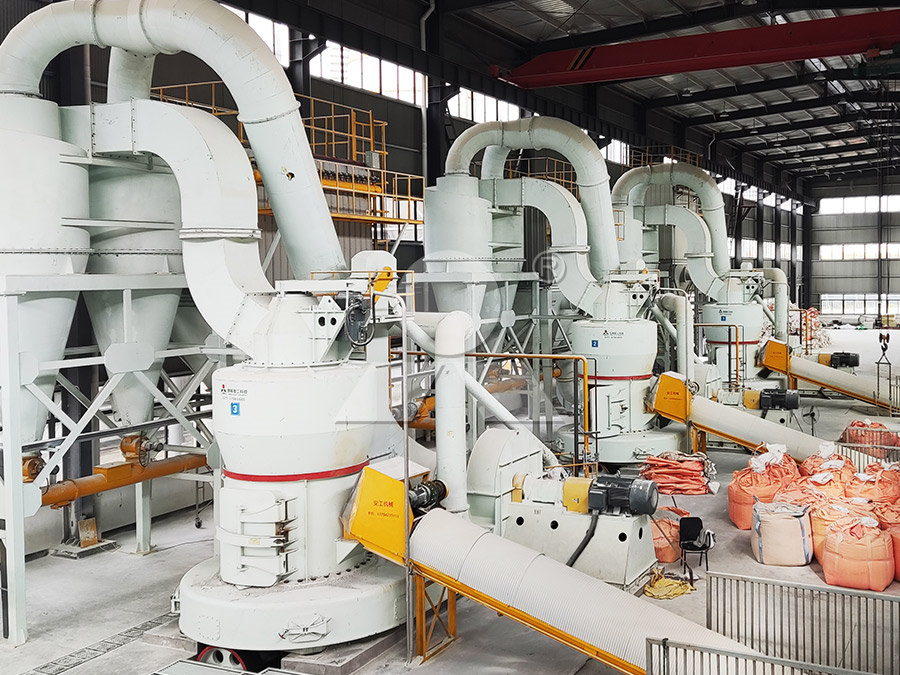
“Ground Granulated Blast Slag (GGBS) In Concrete – A Review”
Blast furnace cement (PBFC) and highslag blastfurnace cement (HSBFC), with GGBS content ranging typically from 30 to 70% and in the production of readymixed or sitebatched durable concrete Concrete made with GGBS cement sets more Groundgranulated blastfurnace slag (GGBFS) is produced by quenching molten iron slag (a byproduct of iron and steelmaking) When added to concrete, GGBFS enhances a range of performance characteristics such as the reduction of the heat of Slag Cement Australia2019年9月10日 The use of blastfurnace slag to produce sprayed concrete for tunnel linings may be restricted due to its low reactivity In this context, the objective of this study is to evaluate the chemical and mechanical properties of sprayed concrete produced with cement and blastfurnace slag as a partial cement replacementOn the use of blastfurnace slag in sprayed concrete Slag cement is a hydraulic cement formed when granulated blast furnace slag (GGBFS) (FAQ) about slag cement, and links to the Slag Cement in Concrete (SCIC) information sheet series that provides more detail If you have Why Slag Cement? SCA
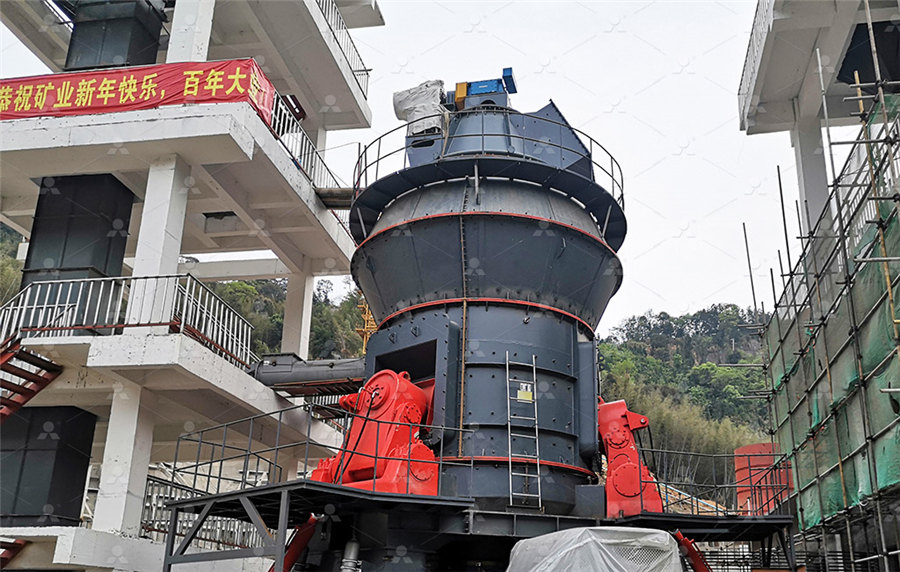
Fresh and mechanical properties of ground granulated blast furnace slag
2024年5月12日 Cement Concrete Composites Mechanical Properties of Reactive Powder Concrete Containing High Volumes of Ground Granulated Blast Furnace Slag, 32 (2010), pp 639648, 101016/jcemconcomp201007005Ground granulated blastfurnace slag (GGBFS), sometimes simply referred to as “slag”, is a glassy granular material formed when molten blastfurnace slag is rapidly chilled, as by immersion in water • ACI 233, “Slag Cement in Concrete and Mortar” ClassificationsGround Granulated BlastFurnace Slag: Its Chemistry and Use PDF On Aug 24, 2018, Shabarish V Patil and others published Granulated BlastFurnace Slag (GGBS) based Geopolymer concrete Review Concrete Review Find, read and cite all the research you (PDF) Granulated BlastFurnace Slag (GGBS) based Geopolymer concrete Ground granulated blast furnace slag (GGBS) is a coproduct of the iron and steel industry, formed in the blast furnaces that create iron out of iron ore It has been used as a supplementary cementitious material in concrete around the world since the end of the nineteenth century due to its technical properties (such as improving the concrete’s durability)The efficient use of GGBS in reducing global emissions
.jpg)
Carbonation of blast furnace slag concrete at different CO2
2023年7月1日 The carbonation behavior of concrete with different blast furnace slag replacement ratios (0 %, 50 % and 70 %) at different CO 2 concentrations (natural carbonation at 004 % and accelerated carbonation at 1 % and 2 %) was investigated in terms of carbonation rate, carbonation products assemblage and pore structure The results show that the porosity Specification for Ground Granulated Blast Furnace Slag for use in Concrete and Mortars”, though this has now been superceded by ASTM C 989 – C 989M1613 which is the “Standard Specification for Slag Cement for use in Concrete and Mortars” The ASTM Standard12 describes three grades of GGBFS – Grades 80, 100 and 120Ground Slag Properties, Characterisation and UsesNewCem® Slag Cement can be used in all concrete applications for increased strength, durability and sustainability is born when raw materials undergo melting within the intense heat of a blast furnace, reaching a molten state Slag undergoes a structural transformation as it cools rapidly through granulation, NewCem Slag Cement Canada Slag Concrete Lafarge Canada2012年12月1日 Blast furnace slag is mainly used as a valuable material in the production of hydraulic binders, especially cement that improves the mechanical properties of concretes(PDF) The use of blast furnace slag ResearchGate
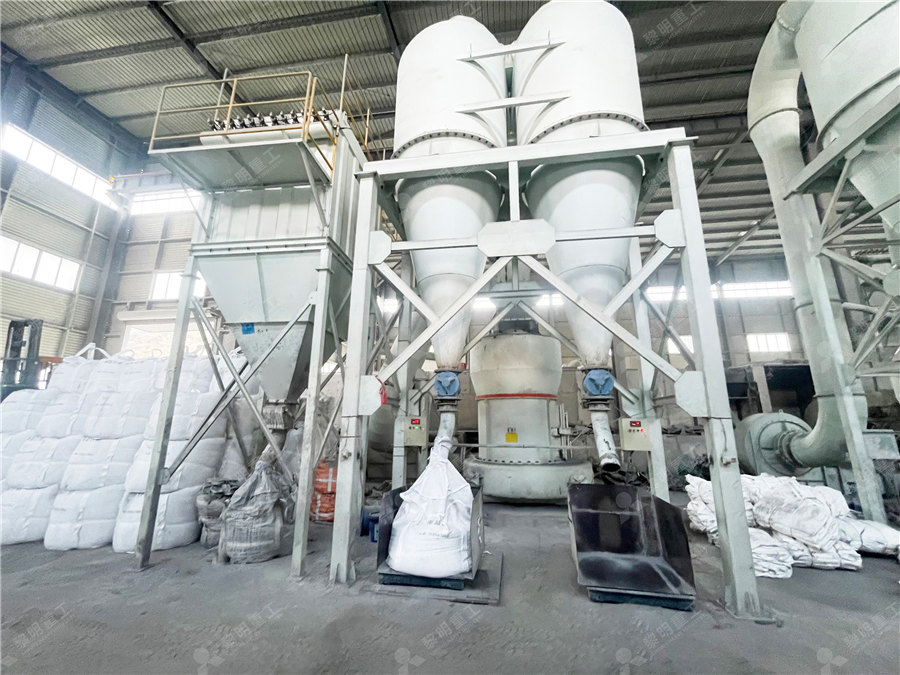
UGMat Blast Furnace Slag Recycled Materials Resource Center
Although blast furnace slag contains a small component of elemental sulfur (1 to 2 percent), the leachate tends to be slightly alkaline and does not present a corrosion risk to steel in pilings (10) or to steel embedded in concrete made with blast furnace slag cement or aggregates (11)













